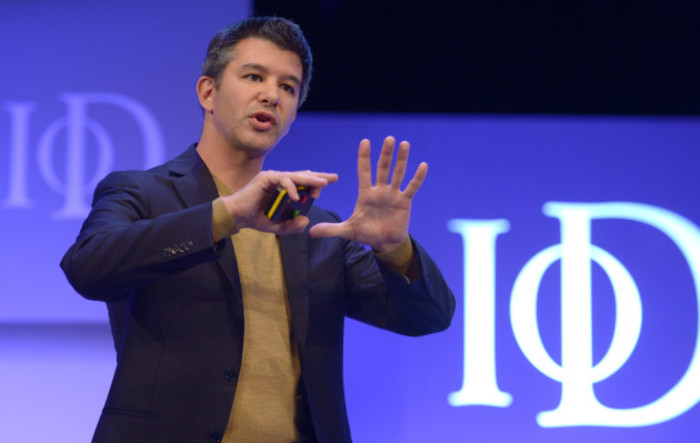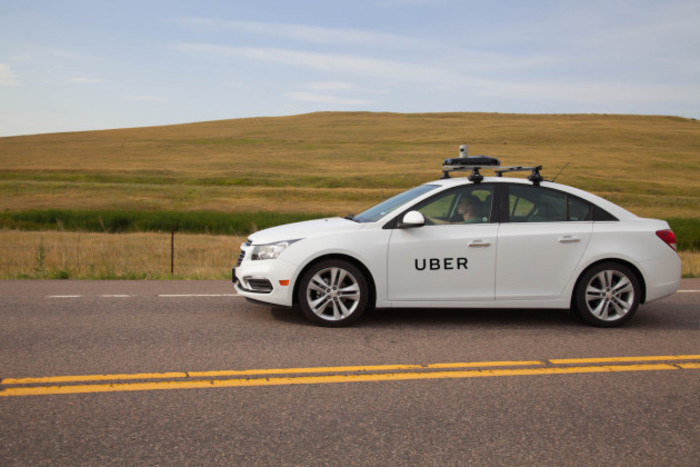China's ride-hailing war has come to an end as Uber waves a white flag
The ride-sharing company has merged with its main Chinese rival to form a $35 billion juggernaut.
AFTER PUMPING BILLIONS of dollars into a relentless war over the Chinese ride-hailing market with Didi Chuxing, Uber has finally decided to wave the white flag.
The US ride-sharing behemoth is set to be acquired by its main rival in China, Didi Chuxing, in a deal that will see its competitor also invest $1 billion (€900 million in today’s money) in Uber Gobal.
The valuation of the combined business is rumoured to be around the $35 billion mark, an increase of $7 billion on Didi Chuxing’s last valuation of $28 billion.
As part of the deal, Uber will continue to operate its new app in China and investors in Uber China are set to get a 20% stake in the combined company.
The merger comes as somewhat of a shock after Didi Chuxing said last month that no such deal was on the table.
A blog post from Uber chief executive Travis Kalanick said that the deal is a move to help both companies become profitable in the long run.
“As an entrepreneur, I’ve learned that being successful is about listening to your head as well as following your heart,” he said.
“Uber and Didi Chuxing are investing billions of dollars in China and both companies have yet to turn a profit there. Getting to profitability is the only way to build a sustainable business that can best serve Chinese riders, drivers and cities over the long term.”
 Uber CEO Travis Kalanick
Uber CEO Travis Kalanick
The move to merge both companies comes after Uber investors have been airing their concerns at the constant fundraising being done by the Silicon Valley company to simply to bankroll the competition with Didi Chuxing, which is a clear leader in the China with 80% of the market share.
To date, Uber has invested $2 billion into its operations in China and although it has made a dent in the market, its 1 million daily rides falls significantly short of the 11 million registered by Didi Chuxing every day.
Uber’s plans to take on the Chinese market took a big hit last year when its two main rivals merged to form Didi Chuxing, which has backers with deep pockets including the Alibaba Group and Apple.
However, it’s not all bad news for Uber. As it offloads its expensive Chinese arm, the company looks in a better position to undergo the eventual initial public offering that Kalanick has hinted at in the past.
A map worth $500m
Other news from Uber has suggested that the company is about to drop around half a billion dollars on a new mapping project.
The company announced on its blog that it plans to send a fleet of mapping vehicles across territories in the US and Mexico and will undertake similar projects in other countries soon.
 Uber's mapping car
Uber's mapping car
If the project is successful, it could end the ride-sharing app’s reliance on Google’s mapping technology to power its app.
Uber’s Brian McClendon, who previously headed up the Google Maps division, said the mapping project would allow the company to provide more relevant information to its users such as “traffic patterns and precise pickup and dropoff locations”.





